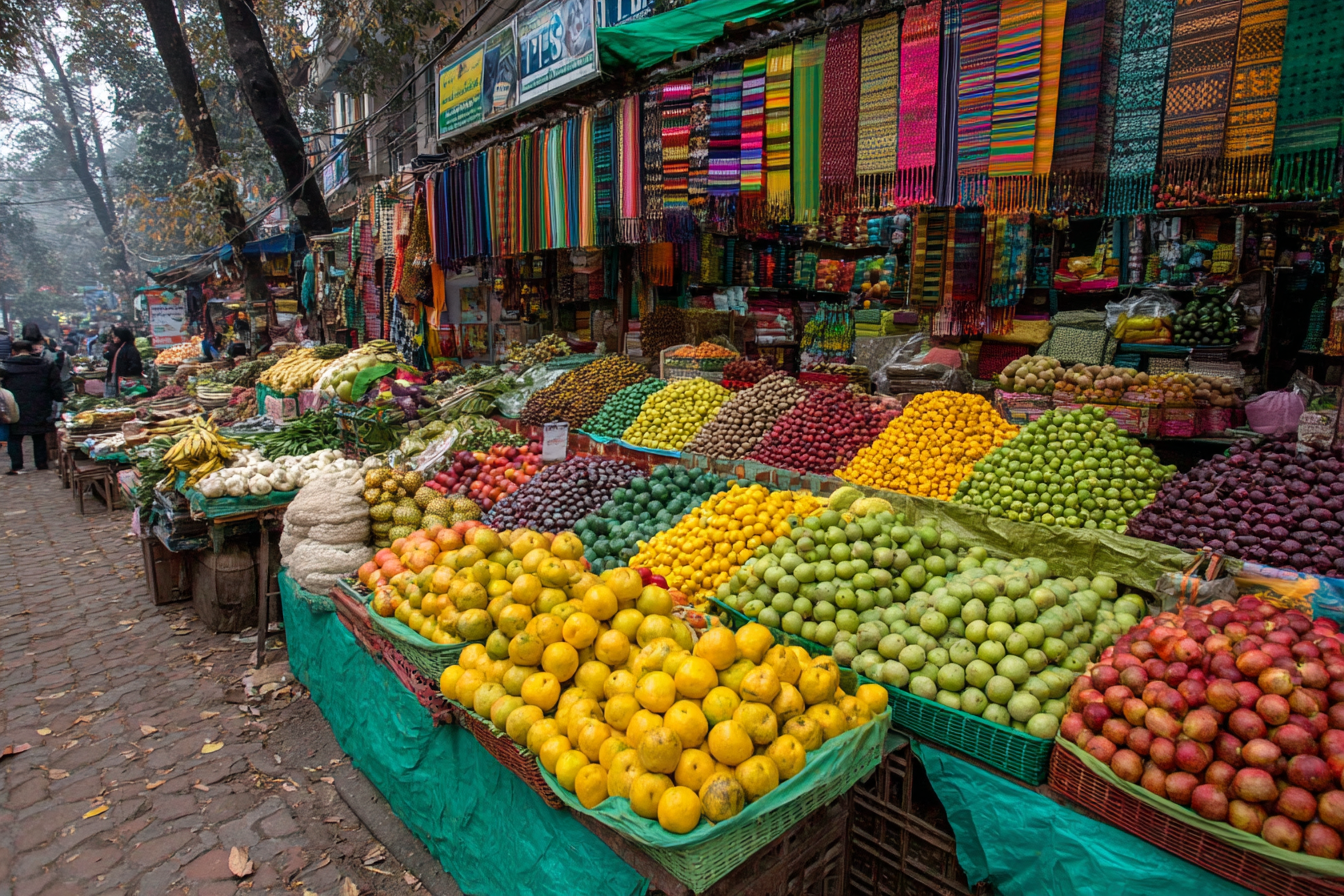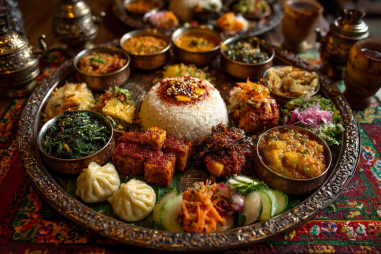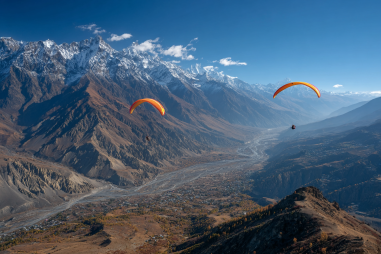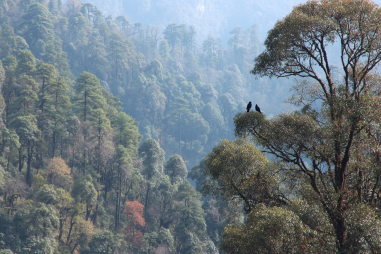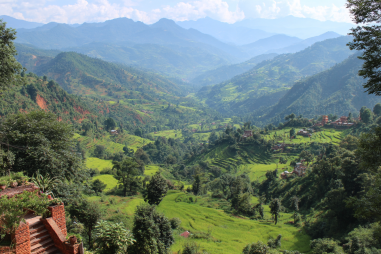Pokhara, nestled beside the serene Phewa Lake and framed by the majestic Annapurna mountain range, is not only a paradise for nature lovers and trekkers but also a vibrant hub for shoppers seeking authentic Nepali experiences. The city’s local markets offer a colorful kaleidoscope of sights, sounds, and scents that perfectly reflect the rich culture and heritage of the region. From traditional handicrafts to trekking gear, exploring Pokhara’s local markets is a delightful way to soak in the local life and bring home memorable souvenirs. Whether you’re a seasoned shopper or a curious traveler, this guide will help you navigate through Pokhara’s bustling shopping scene.
Popular Local Markets and Their Specialties
Pokhara boasts a number of lively markets spread across its town center, each with its own unique charm and offerings. Some of the must-visit markets include:
- Lakeside Market: This is arguably the most popular area for tourists and locals alike. The market buzzes with energy, lined with shops selling handicrafts, clothes, jewelry, and traditional Nepali items. It’s great for picking up souvenirs like pashmina shawls, prayer flags, and Thangka paintings.
- Mahendra Pul Market: Known for a wide variety of goods including clothes, electronics, and household items, this market gives you a taste of everyday shopping for locals. You’ll find reasonable prices and a more authentic Nepali shopping atmosphere away from heavy tourist foot traffic.
- Old Bazaar: This traditional market is perfect for those wanting to experience the genuine local vibe. Fresh vegetables, spices, dried goods, and local snacks are abundant here. The Old Bazaar is also well-known for its artisanal metalwork and brassware.
- Putali Bazaar: Often considered the largest commercial hub of Pokhara, this area is great for buying a variety of goods and trekking equipment, with many shops catering to both locals and trekkers.
Traditional Handicrafts and Souvenirs
Pokhara’s local markets are treasure troves of Nepalese craftsmanship. The handicrafts reflect the country’s rich artistic heritage and make meaningful gifts or mementos. Some popular items to look out for include:
- Pashmina Shawls: Renowned for their softness and warmth, genuine pashminas are handwoven from the fine wool of Himalayan mountain goats. They come in a variety of colors and patterns and are a timeless souvenir.
- Thangka Paintings: These traditional religious scroll paintings depict Buddhist deities and mandalas. Each piece is intricately detailed and often hand-painted by skilled artisans.
- Bamboo and Woodwork: Pokhara’s artisans are skilled in creating hand-carved wooden statues, masks, and bamboo crafts that showcase Nepali folklore and religious symbols.
- Handmade Jewelry: From silver earrings and necklaces to beadwork inspired by Tibetan and Nepalese designs, jewelry offers a small yet beautiful souvenir option.
- Woolen Rugs and Carpets: Locally woven and often handmade with traditional designs, these make fantastic home décor items that carry a story of Nepal’s culture.
Tips for Bargaining and Etiquette
Bargaining is an integral part of shopping in Nepal, especially in local markets where prices are often negotiable. Here are some handy tips to help you get the best deals without offending the sellers:
- Be Polite and Friendly: Smile and engage with the shopkeeper—building rapport can often lead to better prices.
- Start Low: Begin by offering about 50-60% of the initial price quoted, then negotiate towards a middle ground that feels fair to both parties.
- Know the Product: If possible, research prices beforehand or compare prices at multiple shops to avoid overpaying.
- Cash is King: Carrying cash in local currency (Nepalese Rupees) is essential, as many shops do not accept cards, especially in smaller markets.
- Respect Cultural Norms: Avoid aggressive haggling and remember it’s perfectly acceptable to walk away if the price isn’t right.
Seasonal Markets and Festivals
Pokhara’s markets take on a special vibrancy during festivals and seasonal events, giving shoppers unique chances to experience local culture and seasonal goods. Some notable occasions include:
- Tihar Festival Markets: Around this autumn festival, markets are decorated with lights and colors, and you can find beautiful handmade candles, decorations, and festive sweets for sale.
- Dashain Festival: This is the biggest festival in Nepal, and markets brim with new clothes, ritual items, and home décor.
- Flower and Produce Fairs: Seasonal markets featuring fresh mountain flowers, fruits, and vegetables are common, especially in spring and summer.
- Trekking Season Specials: During peak trekking seasons (spring and autumn), markets expand their offerings of outdoor clothes and gear, often at special prices.
Where to Buy Trekking Gear and Outdoor Essentials
Pokhara is known worldwide as a gateway to some of the most famous trekking routes, including the Annapurna Circuit and the Everest Base Camp trek. As such, it boasts plenty of stores offering trekking gear for all budgets. Key places to shop for outdoor essentials include:
- Tourism Market near Lakeside: Equipped with a range of shops specializing in high-quality gear such as trekking boots, jackets, backpacks, sleeping bags, and more.
- Putali Bazaar: Here, you can find stores catering to serious trekkers, offering equipment from international brands as well as affordable local alternatives.
- Outdoor Equipment Rental Shops: Many shops offer rental options as well, which is perfect for those who don’t want to invest in expensive gear for a one-time trek.
When buying trekking gear in Pokhara, it’s advisable to check quality carefully, especially with items like boots and jackets, as trekking conditions can be quite demanding.
Market Safety and Transport Advice
While Pokhara is generally very safe for travelers, it’s important to keep a few safety tips in mind while exploring the bustling markets:
- Watch Your Belongings: Markets can get crowded, so keep your valuables secure and be mindful of pickpockets.
- Secure Transportation: Use registered taxis or hire a cycle rickshaw (known locally as a “tempo”) to navigate between markets easily.
- Avoid Dark Alleys After Dark: Stick to well-traveled, open areas, particularly if shopping late in the evening.
- Stay Hydrated and Take Breaks: With the lively atmosphere and walking involved, make sure to drink water and rest if needed.
Embracing the Shopping Experience in Pokhara
Diving into the local markets of Pokhara is more than just shopping; it’s an immersive cultural experience. Whether you’re bargaining for a beautifully handwoven pashmina or simply soaking up the vibrant atmosphere among locals and fellow travelers, each moment brings a deeper appreciation for Nepal’s rich traditions and warm people. The best purchases aren’t just the souvenirs you bring home, but the stories and memories you collect along the way. So, take your time, explore the hidden nooks and corners of these colorful markets, and you’re sure to return with both unique treasures and a heart full of adventure.

